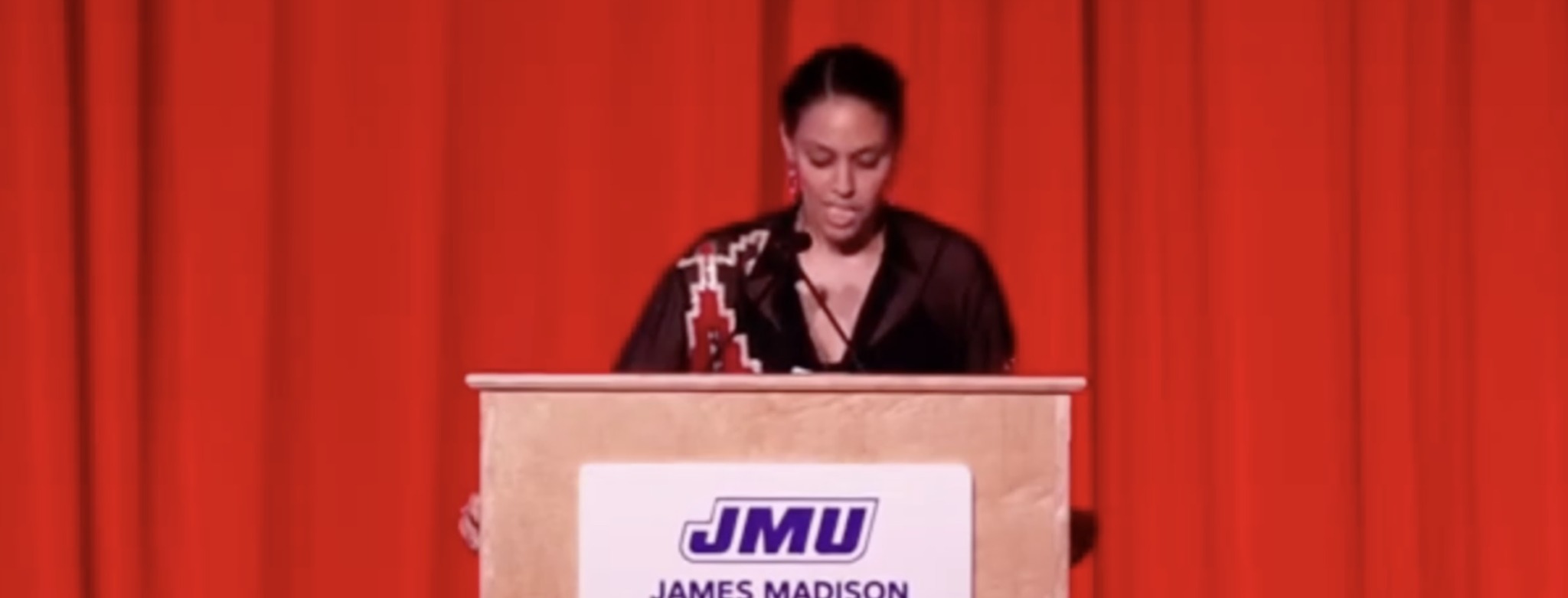Alright – so today we’ve got the honor of introducing you to Michelle Alexander. We think you’ll enjoy our conversation, we’ve shared it below.
Hi Michelle, thanks for joining us today. We’d love to hear the backstory behind a risk you’ve taken – whether big or small, walk us through what it was like and how it ultimately turned out.
Some background to elucidate the risk: I have wanted to be a creative writer since I quit my serious study of ballet to pursue a career in writing when I was 14. I knew I wanted to be in New York to learn the craft on a serious level, so I set my sights on NYU. I believed in Fitzgerald’s description of the simultaneous enchantment and repulsion that the city affords. When I left for school, I left my friends with a little poetry collection, which took up their brilliance. At NYU, I crafted a concentration: “What it Means to be A Poet: Interweaving a Study of the Humanities with the Human Experience.” I was enchanted by what I will now call the interdisciplinary humanities, how critical thinking, philosophy, history, and art could be woven as germ and frame for creative writing. I decided that I wasn’t ready to get my MFA upon graduation, but wanted to pursue the question of what was important for me to write about. I went on to the PhD program in the Art, Philosophy, and Critical Thought Division at the European Graduate School. I studied there with thinkers and artists, such as Judith Butler and Alfredo Jaar, curators/theorists and psychoanalysts, such as Siegfried Zielinski and Anne Dufourmantelle.
However, when it came time to write my dissertation on un-bearability, I began to struggle seriously, and continued to struggle for years with mental health issues. So finally, I withdrew after a mental break, was hospitalized, worked with flowers for a bit, and worked hard on my mental health. Two years allowed me to heal and come back to writing. I started my MFA at Columbia College— a considerable risk given my previous challenges. I knew at that point that the paucity of studying Black writers was a part of my issue. This is where I could find common ground in my concerns, struggles, and passions. And so I started and never looked back: a contra-Orpheus move.
Michelle, love having you share your insights with us. Before we ask you more questions, maybe you can take a moment to introduce yourself to our readers who might have missed our earlier conversations?
I am an American-Trinidadian poet, co-founder of Unwoven Literary & Arts Magazine, and interdisciplinary practitioner. Graduating from NYU’s Gallatin School of Individualized Study, I had the honor of receiving the Herbert Rubin Prize in Poetry, and I hold an MFA from Columbia College Chicago, where I was a Nathan Breitling Poetry Fellow. I have a forthcoming poetry collection, which I will discuss, as well as the prizes I have received. I have served as a poet in residence for the Chicago Poetry Center and as a Visiting Teaching Artist for the Poetry Foundation’s “Forms and Features” series. And, I am awed by the opportunity to teach as an Interdisciplinary Humanities Instructor at the Odyssey Project, a program I find very fulfilling for adult, non-traditional students returning to school for their undergraduate degrees.
In my post-undergraduate and graduate research, I turned toward the paradox of bearing the unbearable. I began investigating how the figure of prosopopeia, or the act of giving voice to the inanimate or absent figure, could vocalize experiences of un-bearability, an embodied form of the ineffable. Understood as a structure both enabling and violating bearing in Black life. My notion of unbearability, shaped over a decade, draws from Toni Morrison, La Marr Jurelle Bruce, Claudia Rankine, Walter Benjamin, given the aperture of Samuel Weber’s critical readings, Avital Ronell, and Judith Butler. My central concern remains: how are we to reckon with responsibility, name, grief, and witness without addressing the limit and scar of bearing? This inquiry has expanded into how disorder structures Black life, following Claudia Rankine’s assertion in “A Condition of Black Life is One of Mourning” that American quotidian culture is built upon the opposition to “the enslaved, chained, or dead Black body.” The madness of this disorder permeates my poetic work.
My poetry collection, A Stone’s Throw from C r a y, is forthcoming from New American Press as the recipient of the New American Prize (Poetry) selected by poet Nikki Wallschlaeger. And it grows out of this focus. Among my publications are works that have appeared or are forthcoming in the journals Oxford Poetry, Third Coast, Epiphany, and Puerto del Sol. I am also the recipient of the Furious Flower Poetry Prize 2024, selected by poet Roger Reeves, and the Breakwater Peseroff Prize 2025, chosen by poet Major Jackson, both of which were spectacular honors.
Currently, my research and creative practice explore the synesthetic and mythopoetic dimensions of Black diasporic memory, where smell translates into sight, touch becomes vision, and sound reveals taste. These sensory portals allow missing histories to return, not really as a record, but as atmosphere and enargia. My work formulates a “double bearing,” absorbing libation rites of mourning while bearing poetry at its extreme points of feeling. I propose that diasporic memory redoubles itself within the senses, creating a fugitive and sensory tendenz, a Hartmanian waywardness traced through lyric fugue and ancestral outpouring.
I serve as a cofounder and Director of Interdisciplinary Arts at Unwoven Literary & Arts Magazine. In this work, I’ve been fortunate to guide and imagine two projects, which we term “docu-poetic” productions. Or, works that are captured in a documentary style with poeticized insight.
“Unwoven Between the Disciplines I”: Reimagines how the arts and humanities intersect within human experience, exploring the entanglements and frays, threading the relationships between disciplines. For this inaugural collaboration, Afro-Surreal defiance resonates in painter Andre Barker Jr.’s “It’s Just Hair”. It is transformed into “eschewed respectability” in Ola Faleti’s poem “The Uncursing of Medusa.” Not simply verbalizing, but also amplifying the moods, conflicts, and symbols embedded in Barker Jr.’s painting, Faleti enchants with her deft control over how visual and auditory imagery morph into one another, creating a dynamic interaction. In this issue, Faleti and Barker Jr. use ekphrasis as the collaborative framework, typically understood as a poetic form that responds to visual art. Broadened into an interdisciplinary nexus, ekphrasis held out the mystery of their interaction.
The second project, “Unwoven Between the Disciplines: The Body between Labyrinth and Maze,” explores the labyrinthine and maze-like dimensions of experience, which elicit bewilderment, uncertainty, relief, acceptance, and heightened presence. Understanding the shifting labyrinth-maze as an alternative idiom for our experiences in relationships, with debt, with addiction, and mystery, brought together the disciplines of woodworking, dance, and poetry. Three artists, Michael Kendall, Milenka Aurelio, and Michael Frazier, wagered on crossing through to the other side of challenges, art making, and disciplinary praxis, risking transformation into the unknown.
How can we best help foster a strong, supportive environment for artists and creatives?
I was asked this question recently at a reading. I wonder if a capacious and thrilling way to support creatives, artists, and thriving ecosystems of creativity is through a humble, yearning, and creatively charged engagement with their artistic work. Whether that is the work of those transforming others through the poetry of their lives, or through a more literal form of creative production. I also think that it aids an ethic of care.
I wish to advocate for what creative writing opens in us: our ability to imagine otherwise, our dreamscapes, and our experience of human struggle through forms of expression resistant to containment. Understanding poetry as a vital act of “giving name to the nameless” and a “revolutionary awareness” of feeling, Audre Lorde enunciates poetic truth. She does so not only by describing and enacting a language that gifts identity, but also by illuminating the perceptual transformations it makes possible. I think it’s worth considering how creative writing interweaves with the world’s discursive and imaginative life, becoming more charged and expansive in the process. Society can foster the deepening of creative power by supporting the emotional, spiritual, and psychic growth of creatives. Grant us the tools for our transformation, your unique and enchanting connection to the work, and growth will ensue.
Looking back, are there any resources you wish you knew about earlier in your creative journey?
Yes, Black poetry! An utter necessity. Now, I can’t stop teaching it, reading it, getting lost in the folds of its expression. It has allowed me to grow and undergo a series of perceptual turns. I would recommend starting with The Furious Flower poetic anthologies/critical essays. And the Black Nature anthology, edited by Camille T. Dungy.
And the team at Unwoven Literary & Arts Magazine, who are, for me, sources of creative-communal consciousness.
Contact Info:
- Website: https://www.unwovenlitmag.com/
- Instagram: @poet_michelle_noel_alexander
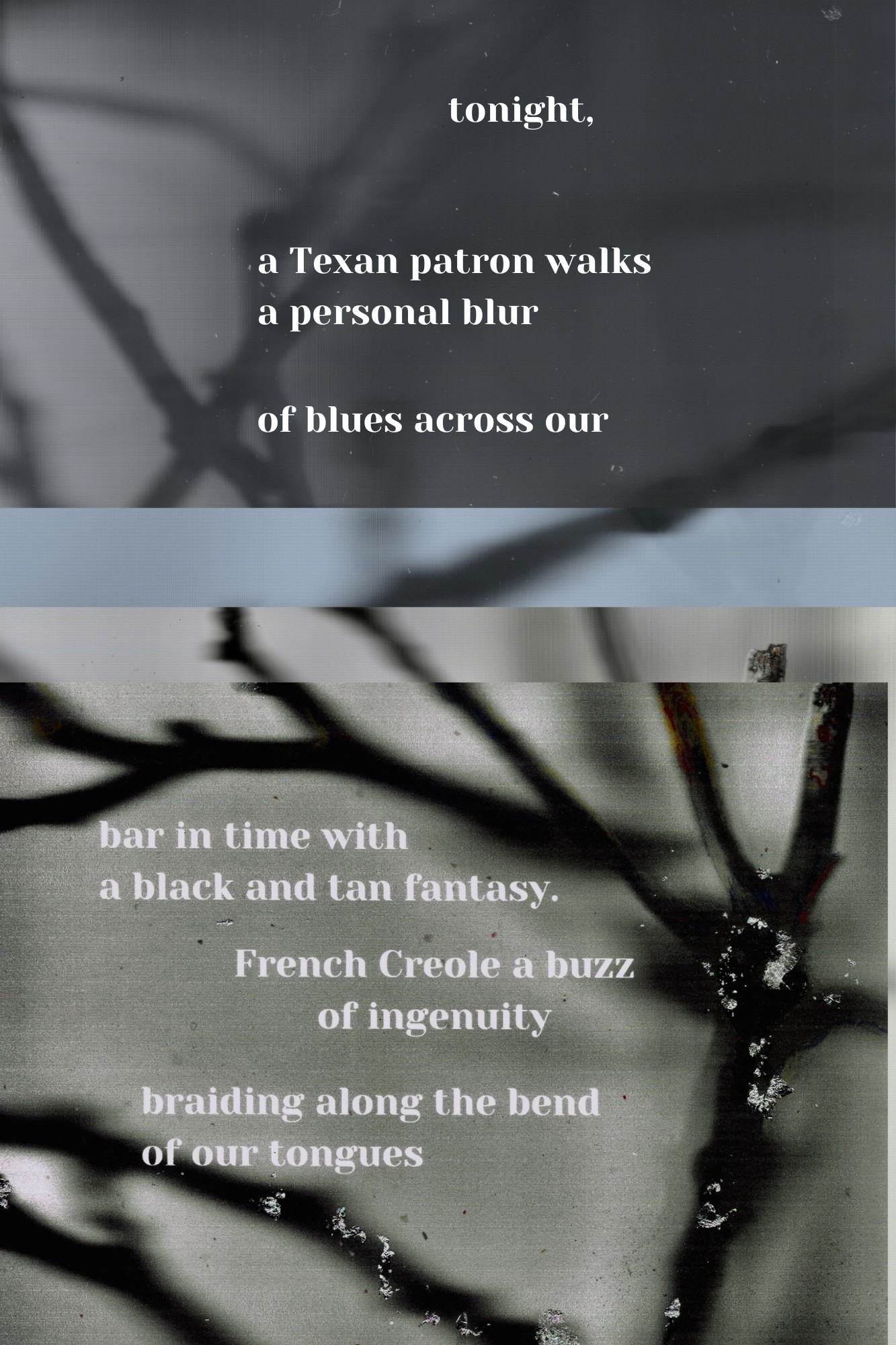
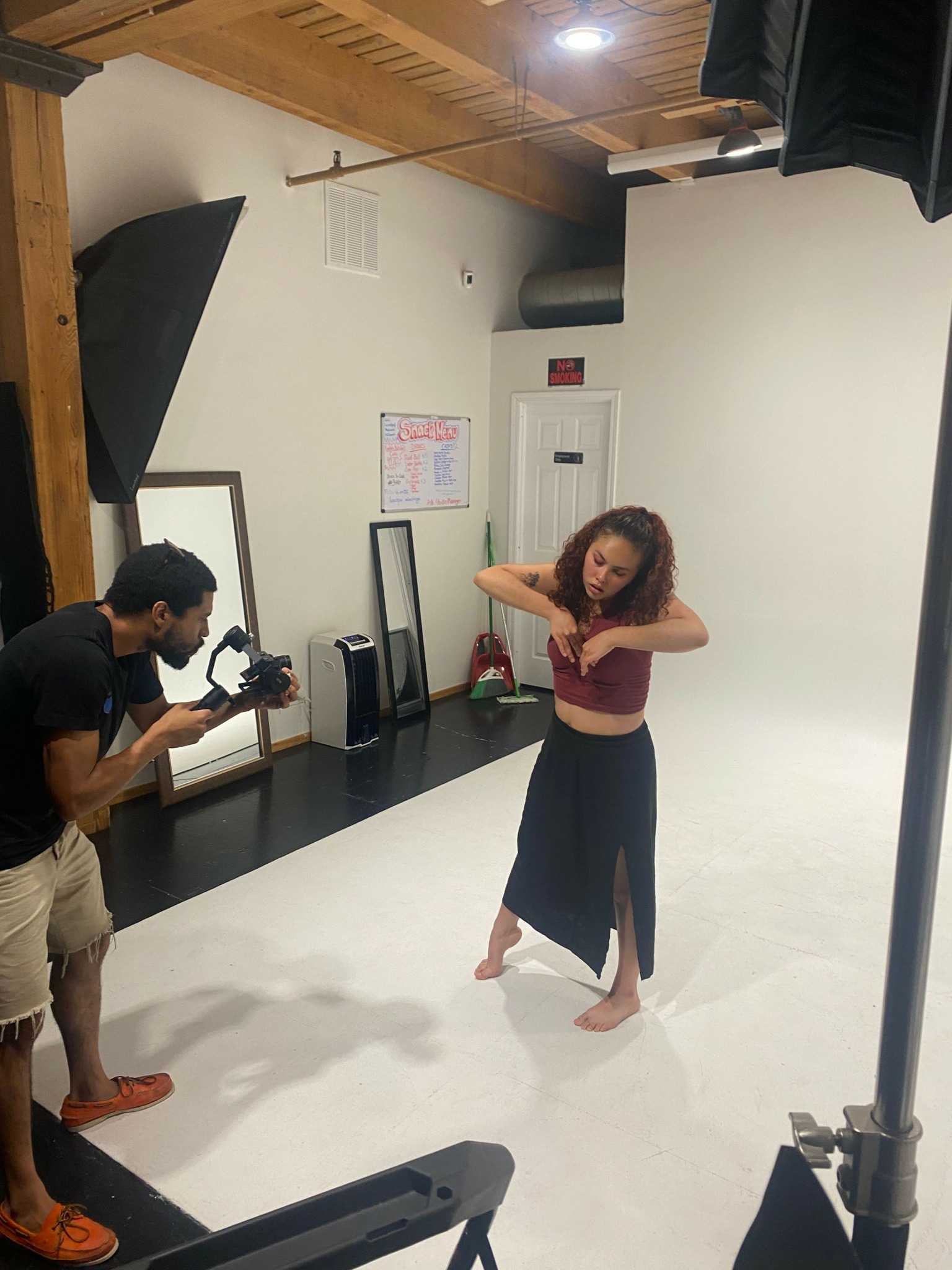
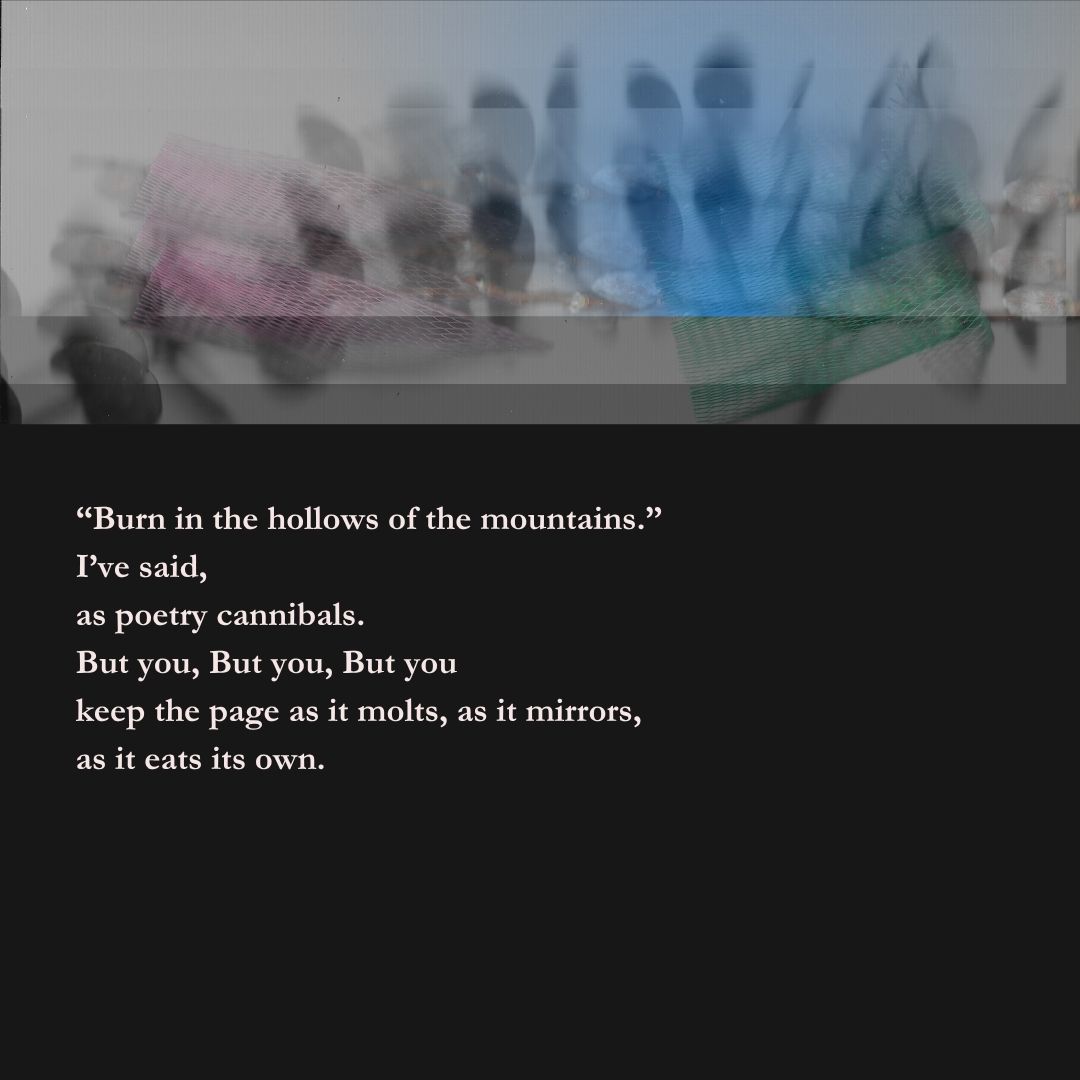
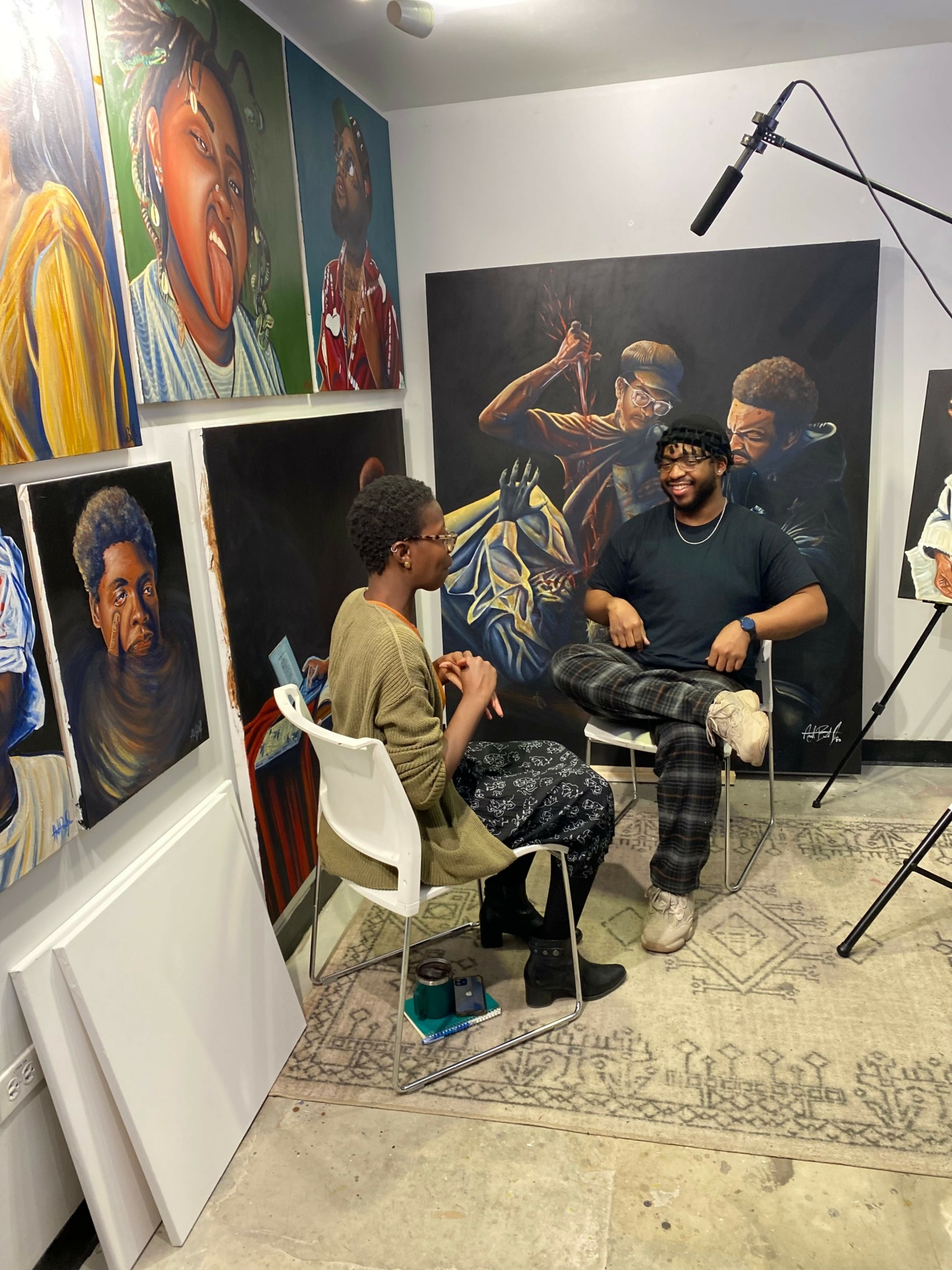
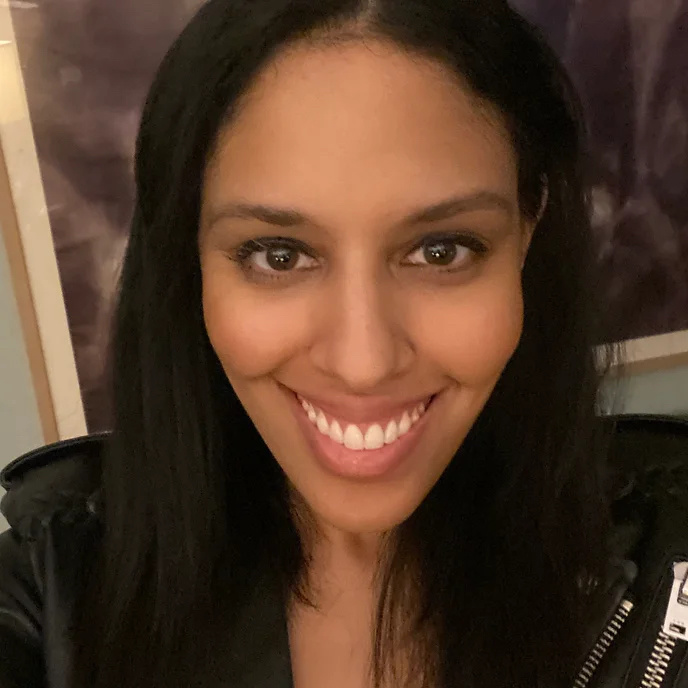
Image Credits
James Madison University Furious Flower Poetry Center


